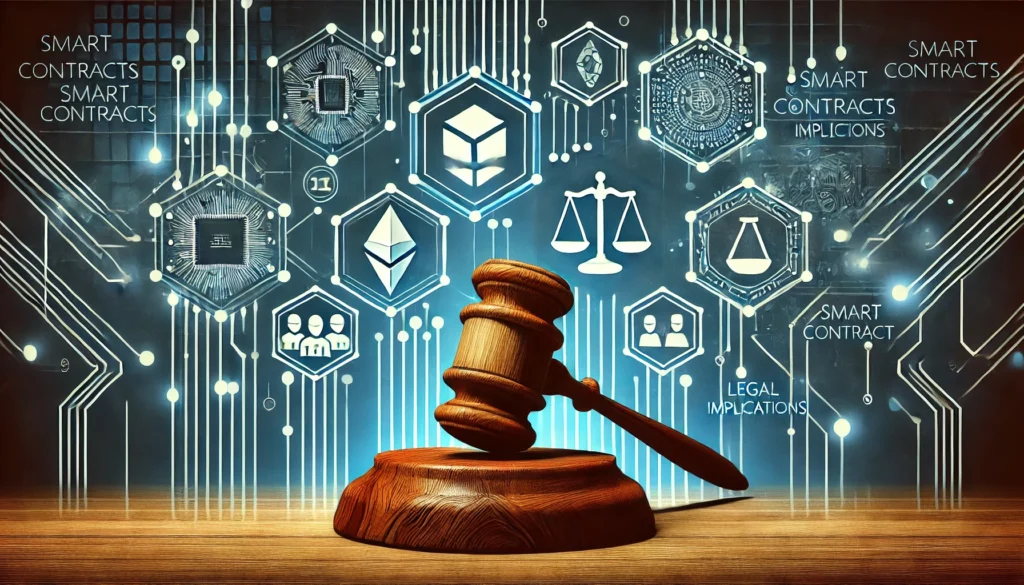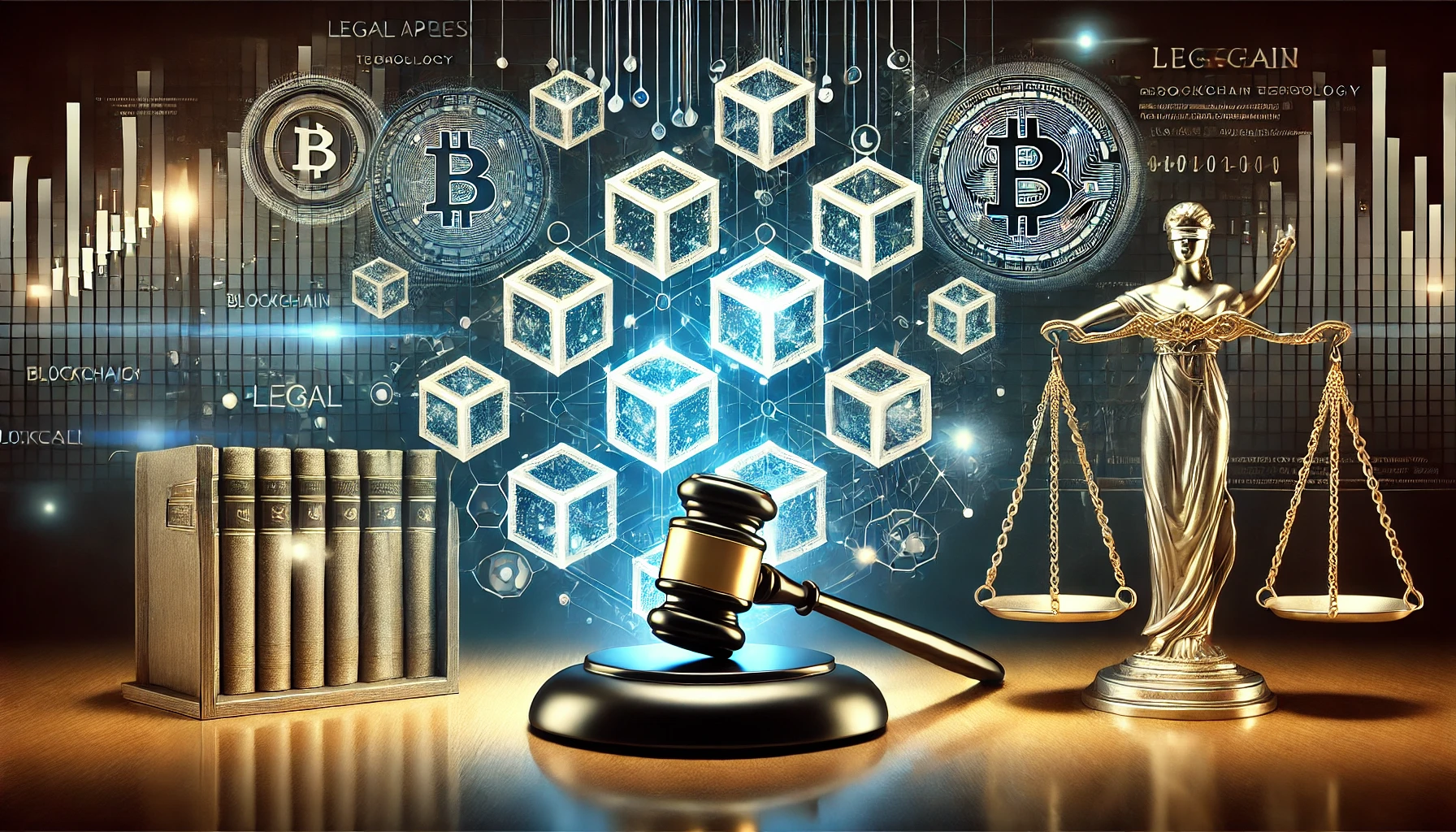Blockchain technology, a revolutionary innovation, has transformed various industries by providing decentralized, secure, and transparent systems. Its applications extend beyond cryptocurrencies, influencing areas such as supply chain management, healthcare, finance, and even governance. However, as with any disruptive technology, blockchain presents unique legal challenges that demand careful consideration. This article delves into the intricate legal aspects of blockchain technology, exploring its regulatory landscape, contractual implications, intellectual property concerns, and ethical dilemmas.
1. Introduction to Blockchain Technology
Blockchain is a distributed ledger technology (DLT) that records transactions across multiple nodes in a secure and immutable manner. Each transaction is verified by a consensus mechanism, ensuring trust without the need for a central authority. The decentralized nature of blockchain has prompted questions about its legal governance and accountability.
2. Regulatory Landscape
2.1. Global Perspectives
Blockchain’s global adoption has led to varying regulatory approaches. While some countries embrace it, others impose restrictions. For instance:
- United States: Regulatory bodies like the SEC and CFTC oversee blockchain applications, especially cryptocurrencies.
- European Union: The EU’s Markets in Crypto-Assets Regulation (MiCA) aims to create a uniform regulatory framework for digital assets.
- China: Despite banning cryptocurrency trading, China endorses blockchain for non-financial uses, like supply chain monitoring.
2.2. Compliance Challenges
Blockchain’s pseudonymity conflicts with anti-money laundering (AML) and combating the financing of terrorism (CFT) laws. Compliance mechanisms, like Know Your Customer (KYC) protocols, must adapt to decentralized systems.
2.3. Taxation
Taxation of blockchain transactions varies. Cryptocurrencies are often treated as property, subjecting transactions to capital gains tax. Governments are exploring blockchain-based solutions for efficient tax collection.
3. Smart Contracts and Legal Implications

3.1. Definition and Functionality
Smart contracts are self-executing contracts with terms directly written into code. They automate processes, reducing reliance on intermediaries.
3.2. Legal Recognition
The legal status of smart contracts varies globally. For instance:
- The U.S. states of Arizona and Tennessee recognize smart contracts as legally binding.
- The EU explores smart contract applications under its Digital Single Market strategy.
3.3. Enforceability Challenges
- Jurisdiction: Determining the applicable law for cross-border blockchain transactions is complex.
- Dispute Resolution: Resolving disputes in decentralized environments is challenging due to the lack of intermediaries.
4. Intellectual Property Rights (IPR)
Blockchain’s use in content distribution, patent registration, and data sharing raises significant IPR concerns.
4.1. Copyright
Creators can use blockchain to establish proof of ownership and prevent unauthorized distribution. However, challenges include:
- Protecting blockchain-based digital art (e.g., NFTs) from plagiarism.
- Balancing transparency with confidentiality.
4.2. Patents
The patentability of blockchain innovations is contentious. While companies seek to protect their technologies, overly broad patents risk stifling innovation.
5. Data Privacy and Security
Blockchain’s immutable nature conflicts with data protection regulations like the EU’s GDPR, which grants individuals the “right to be forgotten.” Achieving compliance requires:
- Designing privacy-focused blockchains with encryption.
- Exploring off-chain storage for sensitive data.
6. Decentralized Finance (DeFi) and Financial Regulations
DeFi platforms leverage blockchain to provide financial services without intermediaries. This disrupts traditional financial systems but introduces:
- Regulatory Gaps: DeFi’s borderless nature challenges existing financial regulations.
- Consumer Protection: Ensuring transparency and safeguarding against fraud are critical.
7. Ethical Considerations
Blockchain’s ethical challenges include:
- Energy Consumption: Proof-of-Work consensus mechanisms are energy-intensive.
- Digital Divide: Blockchain’s benefits might not reach marginalized communities without equitable access.
- Governance: Decentralized systems must address power imbalances and ensure fair participation.
8. Case Studies
8.1. Cryptocurrency Regulation in Japan
Japan’s early adoption of cryptocurrency regulations fostered innovation while ensuring consumer protection. The Payment Services Act requires exchanges to register and adhere to strict compliance standards.
8.2. Blockchain in Supply Chain Management
IBM’s Food Trust uses blockchain to enhance transparency in the food supply chain. However, legal questions about liability and data ownership remain.
9. Future Directions
The legal framework for blockchain will continue evolving. Key focus areas include:
- Harmonizing global regulations to address cross-border challenges.
- Encouraging self-regulatory frameworks for decentralized applications.
- Enhancing blockchain’s integration with existing legal systems.
10. Conclusion
Blockchain technology offers unprecedented opportunities but requires robust legal frameworks to address its complexities. Collaboration between regulators, industry stakeholders, and technologists is essential to navigate these challenges and unlock blockchain’s full potential.
